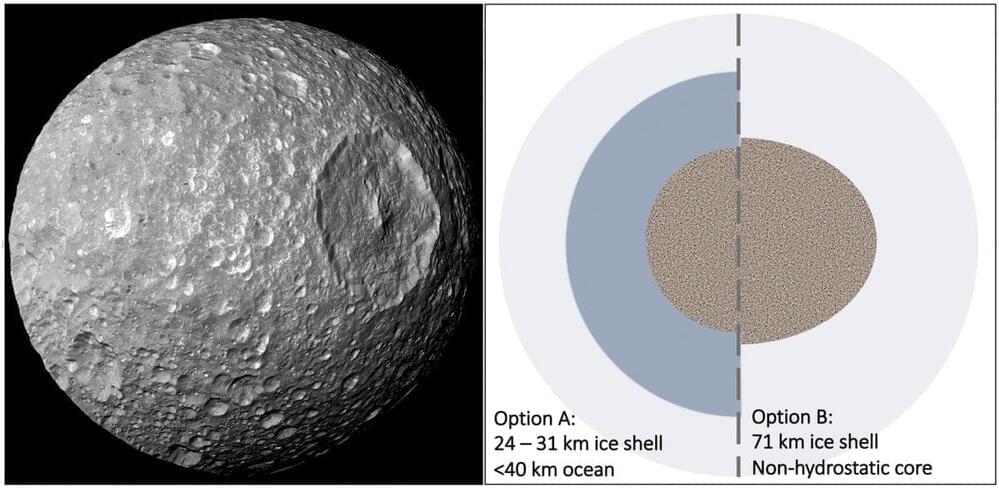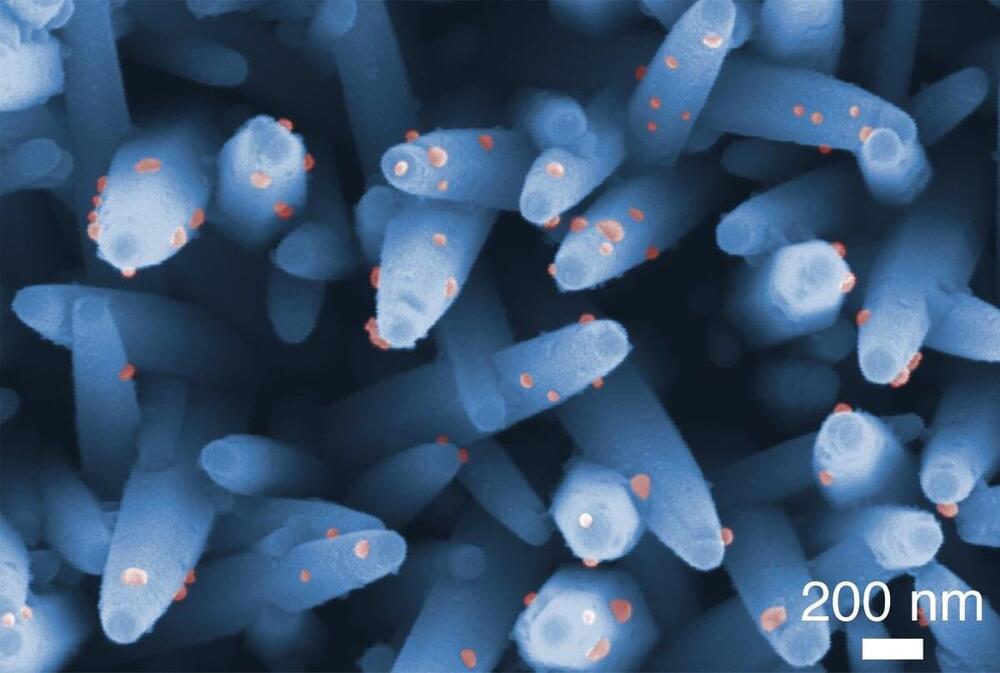This video explores what would happen if fusion power became a mainstream technology in 2070. Watch this next video about the world in 2070: https://bit.ly/3nYXvjf.
► Support This Channel: https://www.patreon.com/futurebusinesstech.
► Udacity: Up To 75% Off All Courses (Biggest Discount Ever): https://bit.ly/3j9pIRZ
► Brilliant: Learn Science And Math Interactively (20% Off): https://bit.ly/3HAznLL
► Jasper AI: Write 5x Faster With Artificial Intelligence: https://bit.ly/3MIPSYp.
SOURCES:
• https://www.vox.com/22801265/fusion-energy-electricity-power…earch-iter.
• https://www.iter.org/sci/Fusion.
Official Discord Server: https://discord.gg/R8cYEWpCzK
💡 On this channel, I explain the following concepts:
• Future and emerging technologies.
SUBSCRIBE: https://bit.ly/3geLDGO
Disclaimer:




